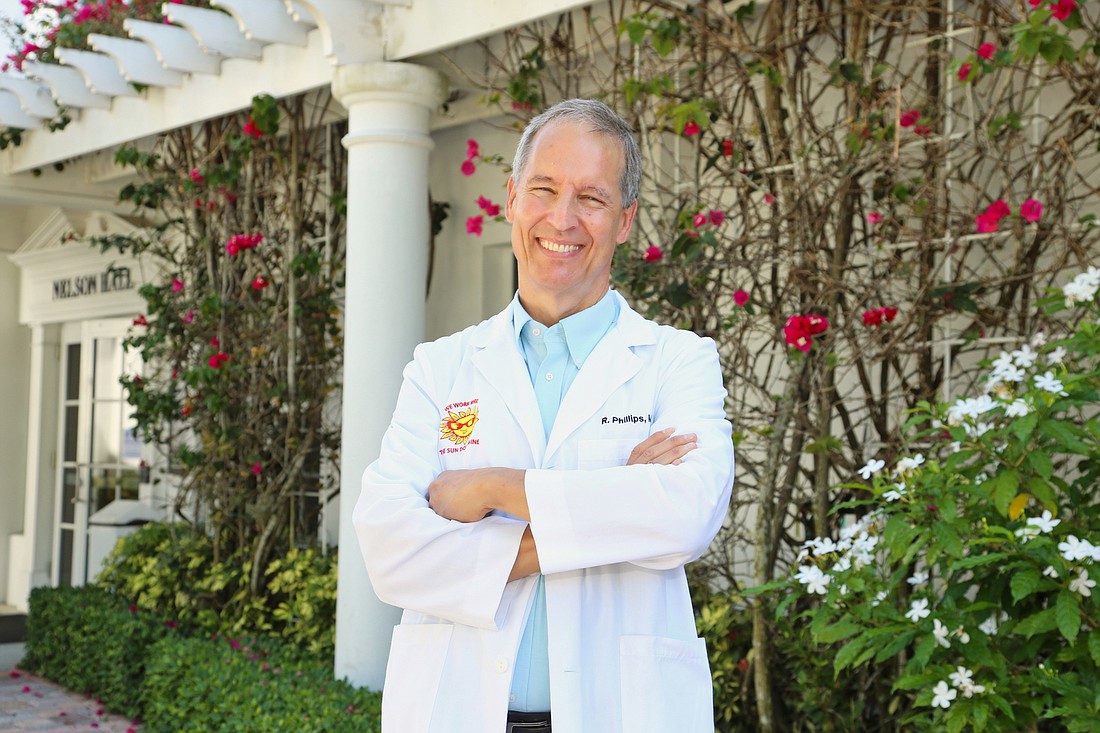- December 15, 2025
-
-
Loading

Loading

When Dr. Raymond Wynne Phillips retired from full-time clinical practice with Gastroenterology Group of Naples last December, he didn’t want to stop the gastroenterology medical research and clinical trial work he’d been doing for much of his career in Naples.
So he established a formal entity called GI PROS Research to continue those efforts.